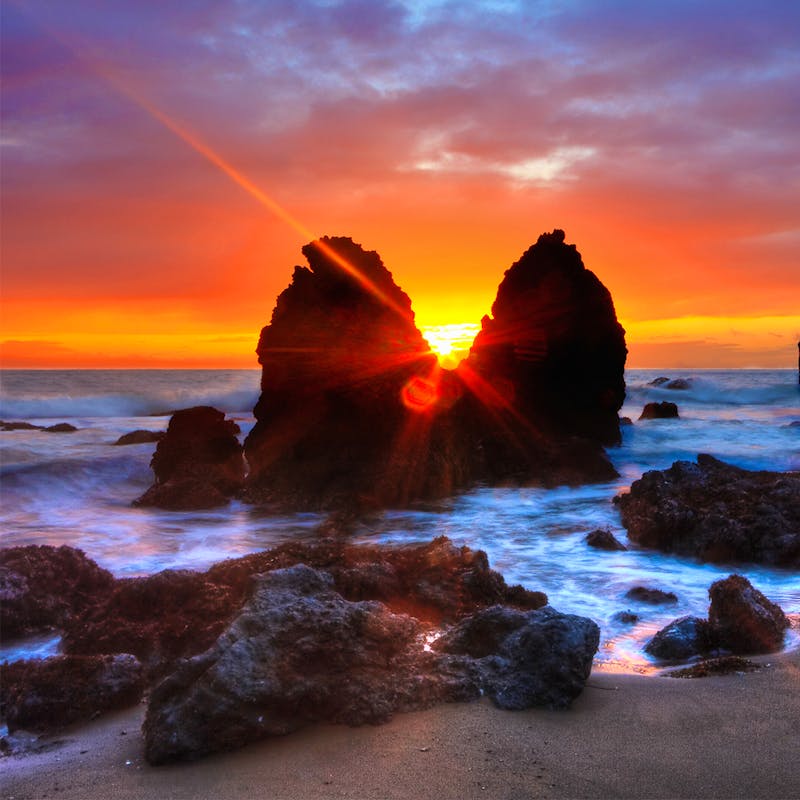Tweet“We are asking South Carolina regulators to immediately suspend their authorizations for these ponds. And if they do not, we’re ready to go to court to protect these iconic red knots from a company further imperiling their existence and from a state complicit in these actions.”
Defenders of Wildlife and a group of conservation organizations are preparing to sue the South Carolina Department of Natural Resources and Charles River Laboratories for penning horseshoe crabs in manmade ponds during spawning season, a practice that imperils a threatened migratory shorebird, the red knot, which feeds on the eggs.
The captive crabs are rounded up for Charles River Laboratories, a $22 billion pharmaceutical company that extracts up to half of the crabs’ blood for the biomedical industry. Many crabs do not survive captivity, and many others do not survive the bleeding.
Today, Defenders of Wildlife and the Coastal Conservation League, both represented by the Southern Environmental Law Center, sent a 60-day notice letter to SCDNR and Charles River Laboratories. The notice is a required precursor to a federal lawsuit alleging that confining the horseshoe crabs during spawning season deprives red knots of their primary food source, a violation of the Endangered Species Act.
Red knots time their 9,000-mile one-way migration to coincide with the horseshoe crab spawning season and the abundance of eggs. Crabs confined to inland ponds can’t spawn on South Carolina beaches, leaving less food for the shorebirds.
South Carolina is the only state that allows this treatment of horseshoe crabs.
“We are asking South Carolina regulators to immediately suspend their authorizations for these ponds,” said Lindsay Dubin, an attorney with Defenders of Wildlife. “And if they do not, we’re ready to go to court to protect these iconic red knots from a company further imperiling their existence and from a state complicit in these actions.”
The state permits for these ponds, issued by SCDNR, are shrouded in secrecy. The agency, in responding to an open-records request, redacted the locations of the ponds and the names of the pond operators. The only information about the ponds publicly available is from permits several years old.
“There are many things unique to South Carolina, but this should not be one of them,” said Laura Cantral, executive director of the Coastal Conservation League. “Horseshoe crabs play a vital role in the coastal ecosystem. Red knots can’t survive without them. Penning horseshoe crabs in ponds on behalf of a pharmaceutical company upsets the natural balance.”
The notice letter sent today follows a successful lawsuit against the U.S. Fish and Wildlife Service that challenged the practice of allowing a commercial horseshoe crab harvest at the Cape Romain National Wildlife Refuge without a federal permit.
“These ponds exist solely to make it cheaper and more convenient for Charles River to take a creature from the wild and make money off of it, at the expense of a threatened and iconic shorebird,” said Catherine Wannamaker, a senior SELC attorney. “No other state allows this, and neither should South Carolina.”
According to the notice letter sent to SCDNR, the agency “provides almost no oversight or meaningful restrictions” to the operators of these holding ponds. “Many horseshoe crabs die while stored in the holding ponds, and for those that do not, their health is degraded the longer they remain trapped.”
###
Links:
The notice letter can be read here.
Images of a possible horseshoe crab containment pond can be found here (360 aerial view) and here. The images correspond to the latitude and longitude from a 2018 Army Corps of Engineers permit for a horseshoe crab enclosure in Beaufort County, provided under an open-records request. Because SCDNR will not release current information, it is not clear whether the pond is currently in use.
Additional Media Contacts:
Mike Mather, SELC Communications, (434) 977-4090 or cell/text (434) 333-9464, mmather@selcva.org
Diane Knich, Coastal Conservation League Communications, cell/text (843) 530-0211, dianek@scccl.org
For over 75 years, Defenders of Wildlife has remained dedicated to protecting all native animals and plants in their natural communities. With a nationwide network of nearly 2.1 million members and supporters, Defenders of Wildlife is a leading advocate for innovative solutions to safeguard our wildlife for generations to come. To learn more, please visit https://defenders.org/newsroom or follow us on X @Defenders.
Media Contact
News

Colorado Announces No Wolf Release This Winter


